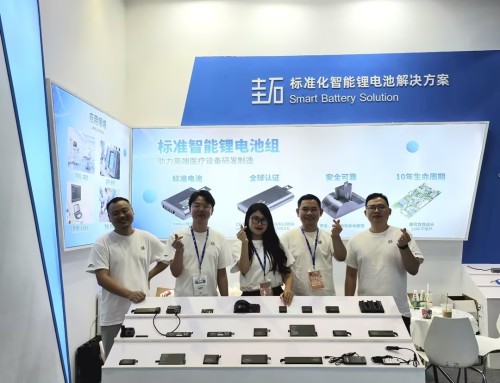Smart battery, also known as Smart Battery System (SBS), is a branch and an important part of modern power technology. Smart batteries utilize internal electronics to measure, calculate, and store battery data, making power usage and management more predictable.
A basic SBS system consists of the following parts: System Management Bus (SMBus), Smart Battery Charger and Smart Battery.
The modular nature of SBS makes it very easy to design closed-loop battery charging systems that allow the use of battery pack independent chargers (smart chargers), minimizing hardware and software non-re-engineering (NRE) costs, and enabling a robust system, which is especially important for high-reliability battery backup applications. And a high-accuracy barometer integrated into the battery pack can accurately monitor the battery at all times, even when the battery is not in the system.
Compared with non-intelligent battery systems, intelligent battery systems need to constantly exchange information with the host, which increases the complexity of the battery system.
Smart batteries greatly simplify the design of stand-alone battery systems, and they also have the important advantage of preventing unintended system downtime.
For example, in an intelligent battery system, the host computer needs to exchange information with the battery system in real-time to determine when to charge or discharge the battery and provide the battery capacity information to the user in real-time.
However, it is this kind of information interaction that enables the host and the user to more accurately grasp the status of the battery (including the effective capacity of the battery, the current charge/discharge rate, the historical cumulative charge/discharge times, the predicted life, etc.), so as to achieve safe, efficient and accurate battery management.




